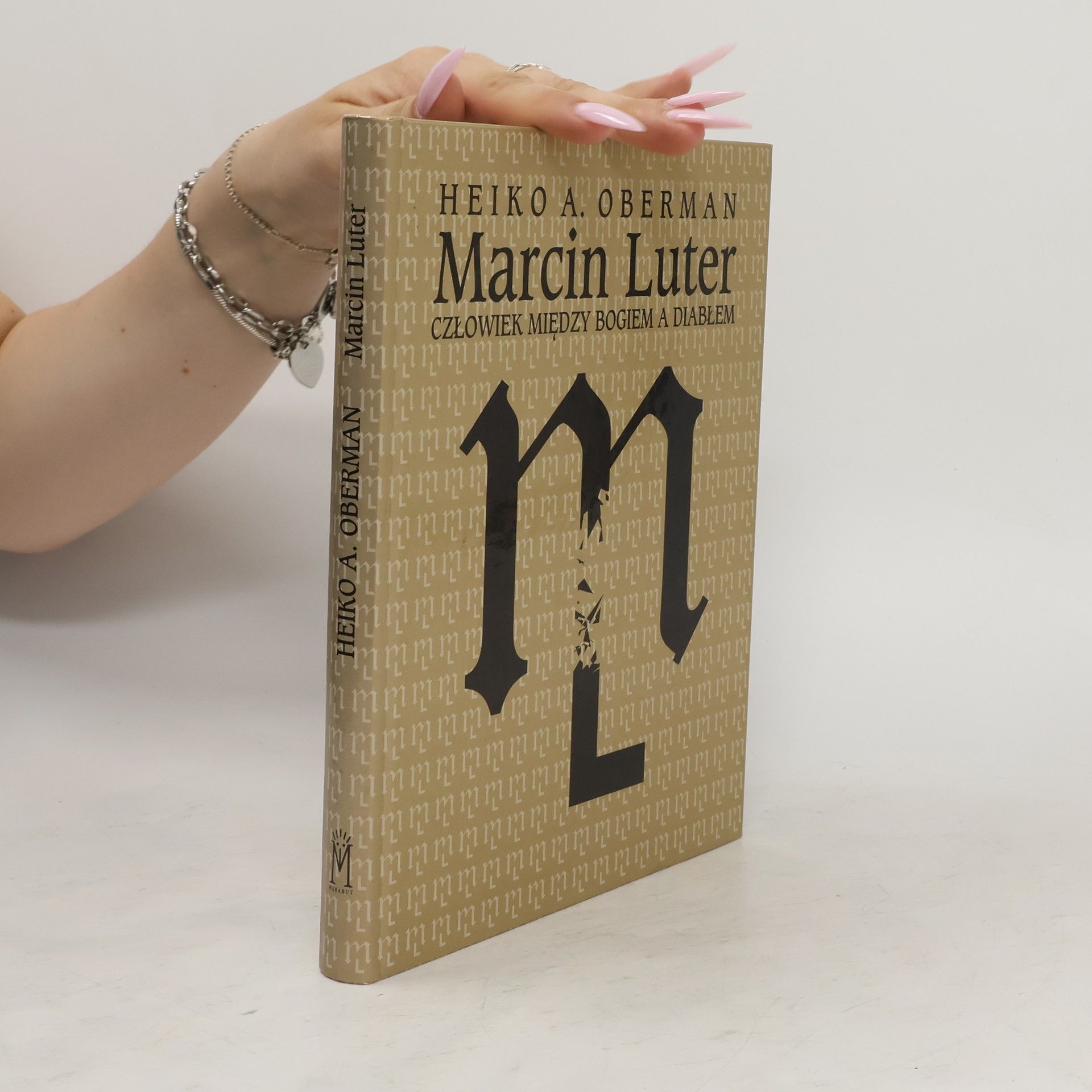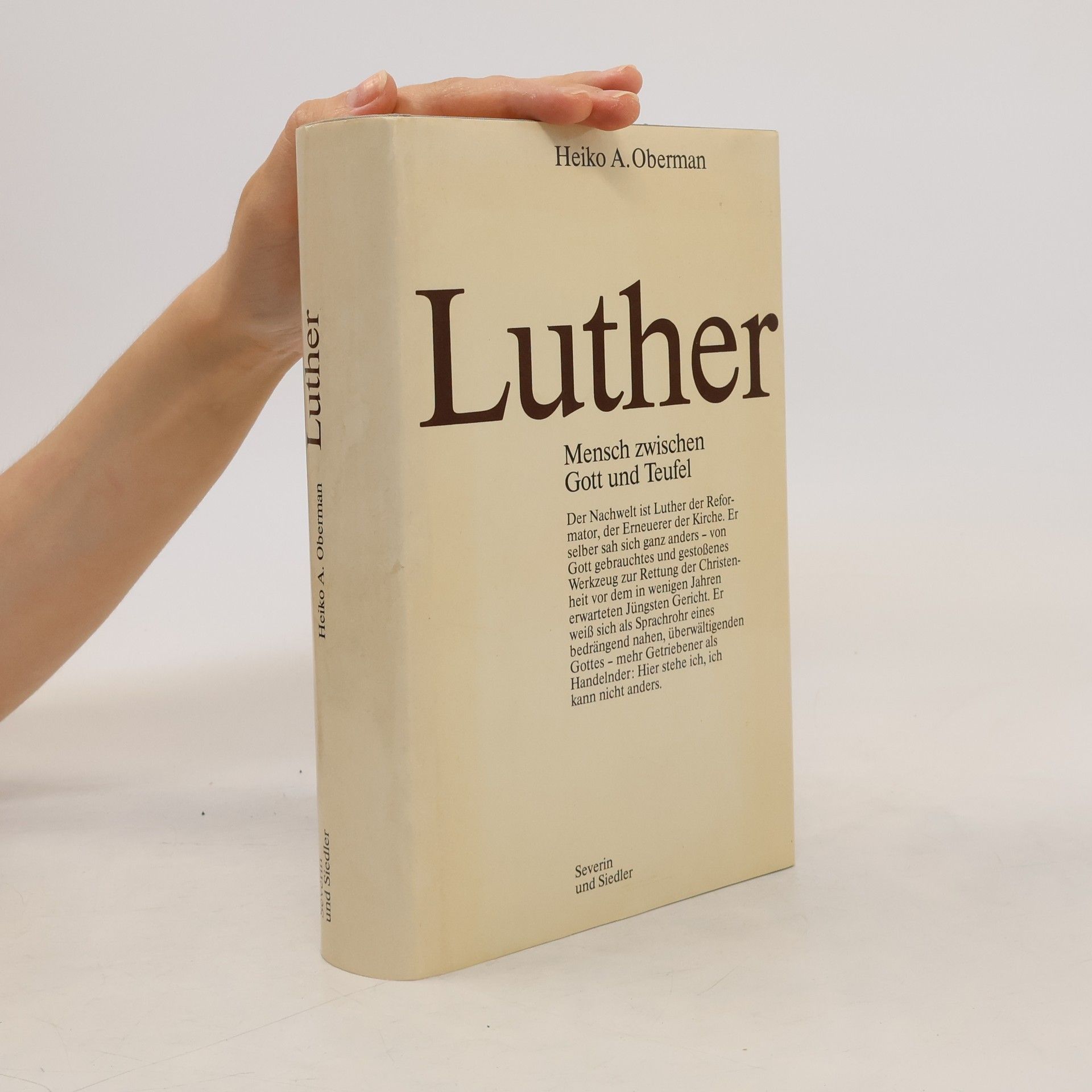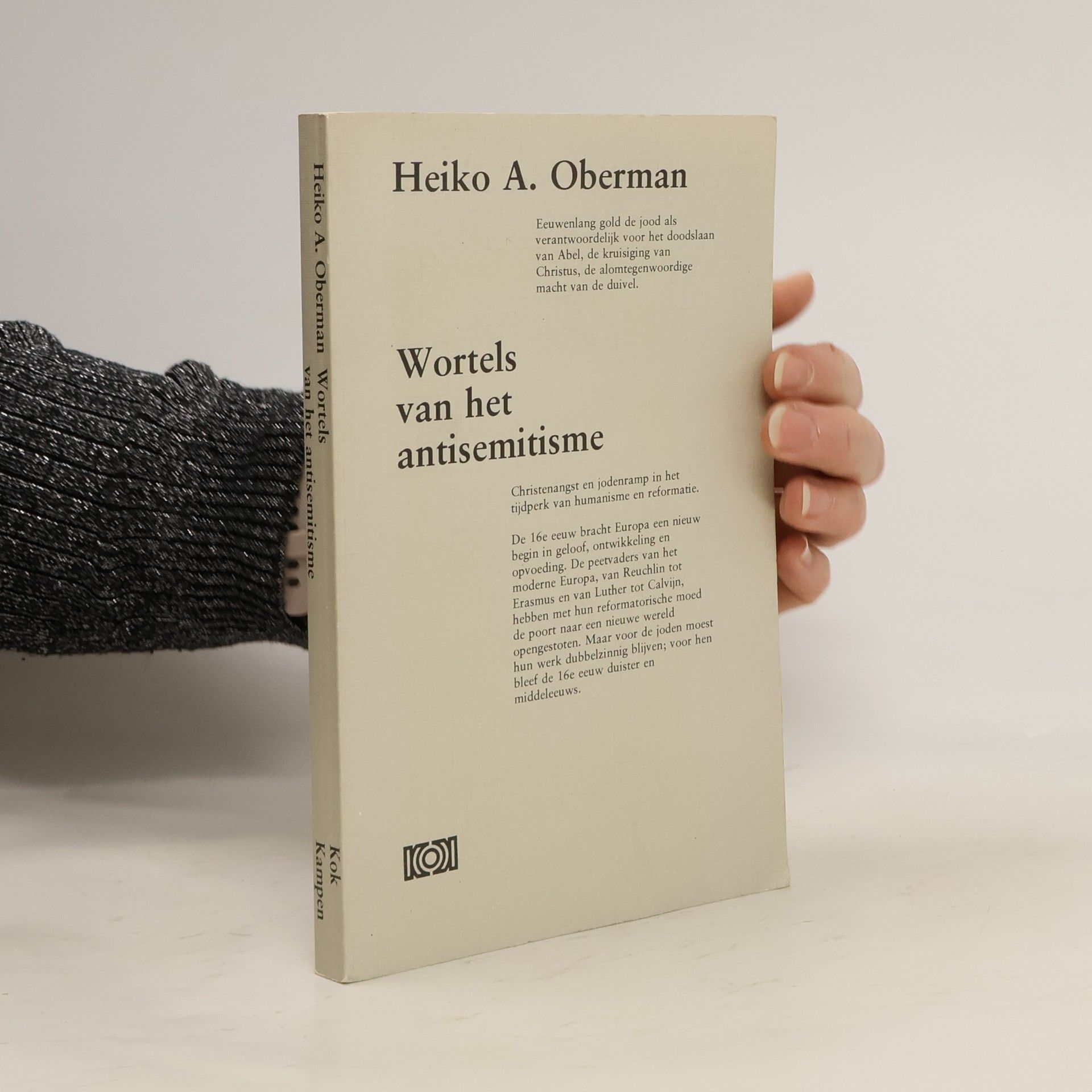Masters of the Reformation
The Emergence of a New Intellectual Climate in Europe
- 384 pages
- 14 hours of reading
The book explores the evolution of academic thought from the later Middle Ages through the rise of Martin Luther and the city Reformation. It examines how intellectual developments influenced broader societal changes, highlighting the interplay between education, philosophy, and religion during this transformative period. Through a detailed analysis, it sheds light on the pivotal ideas and figures that shaped the course of history, emphasizing the significance of academic discourse in the context of cultural and religious shifts.



